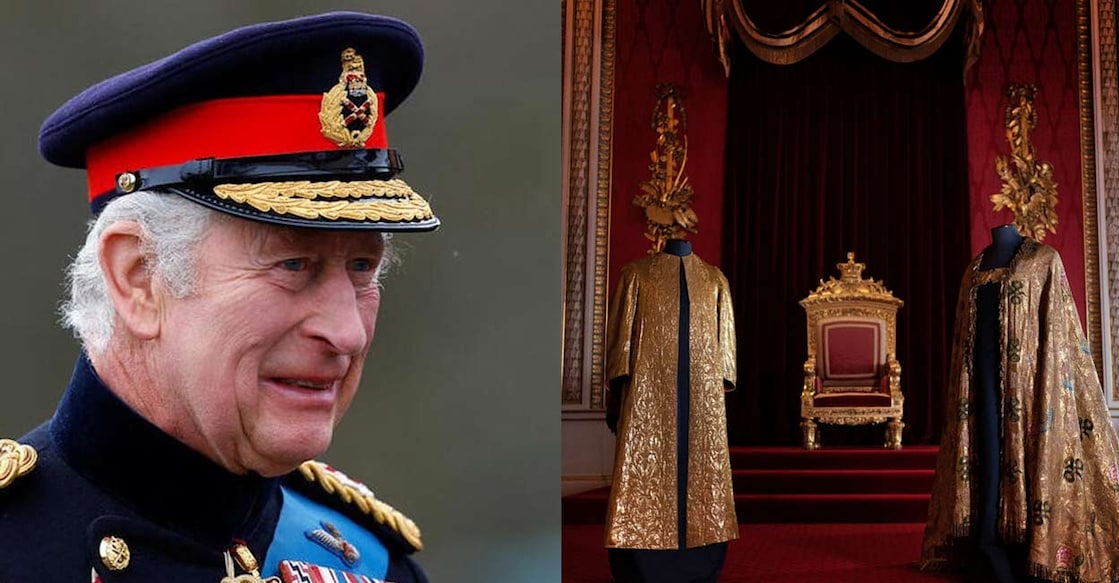King Charles, staunch campaigner of sustainability, to reuse historic garments for coronation

Mail This Article
London: Britain's King Charles will wear clothing previously worn by his predecessors, including his mother and grandfather, for his coronation next week. Charles has been campaigning for sustainability and against a throwaway economy all his life.
Charles, 74, will be crowned at London’s Westminster Abbey on May 6, during a grand ceremony at which he will wear or be handed regalia charged with religious and historical symbolism. Many of those items, such as the crowns and sceptres, date back centuries, but Charles will also be re-using some garments that have appeared at coronations since 1821 "in the interests of sustainability and efficiency", Buckingham Palace said on Monday. Among the vestments to reappear will be the coronation glove made for his grandfather, George VI.

"We've got this wonderful, sustainable, eco-friendly king who's reusing something rather than having a new glove," said Deborah Moore, the chief executive of Dents which made the glove with gold embroidery for George VI's 1937 coronation. "It's also a little bit of heritage, a bit of looking back to the past for our very modern king," said Moore, whose firm also made the glove for the 1953 coronation of Charles' mother, Queen Elizabeth II.

During the ceremony, the glove, made of white leather embroidered with gilt metal thread, is placed onto the right hand of the monarch during the ceremony as a reminder that the sovereign should exercise gentleness in raising taxes. Charles will also wear his grandfather's 'Colobium Sindonis' - a white linen shift-like tunic, and the sword belt he wore, again eschewing the tradition of having a new one made.

Other regalia Charles will don during the service, whose roots date back 1,000 years to his Norman predecessors, includes the 'supertunica', a full-length, sleeved coat of gold silk, which was made for the coronation of King George V, Charles' great-grandfather, and worn by subsequent monarchs including Elizabeth. Over this, he will wear the Imperial Mantle, made of cloth of gold and originally produced for the coronation of George IV in 1821.

"They are fairly heavy to wear," said Caroline de Guitaut, Deputy Surveyor of the King's Works of Arts.

